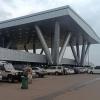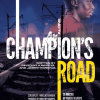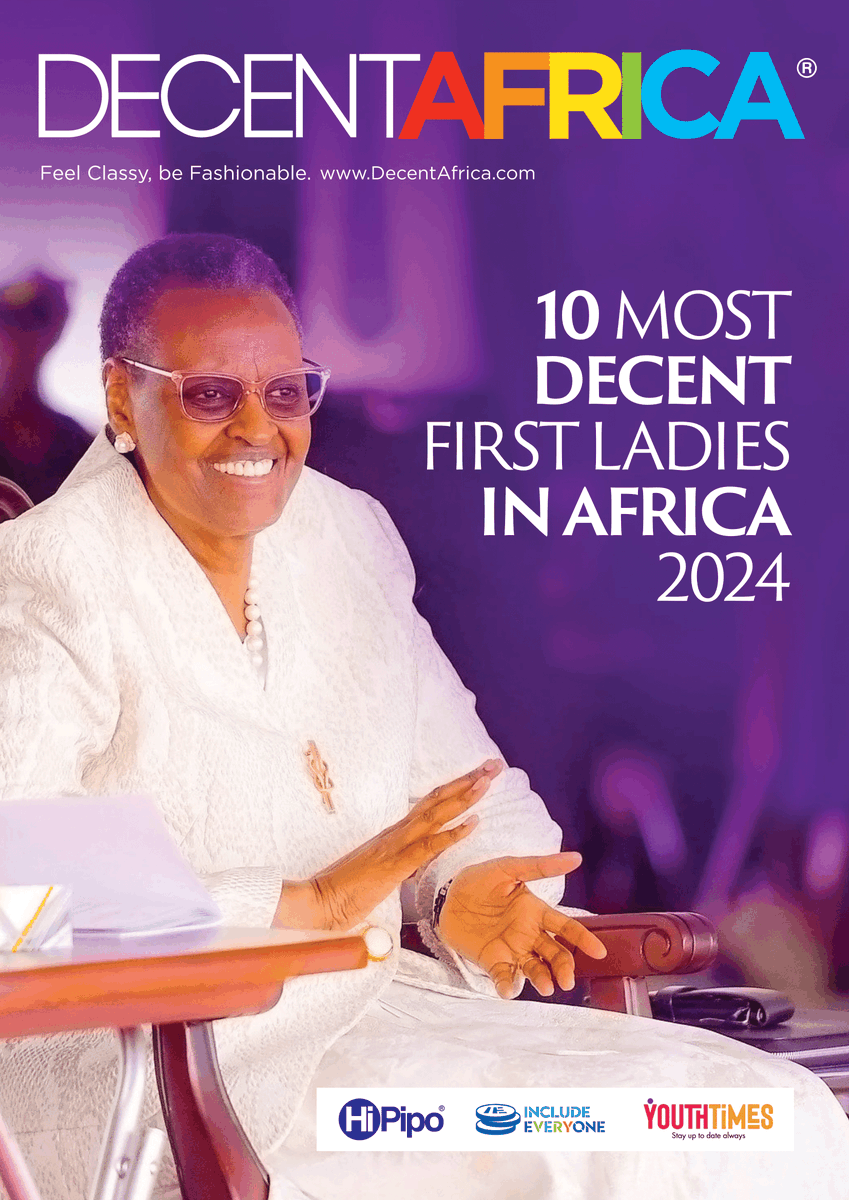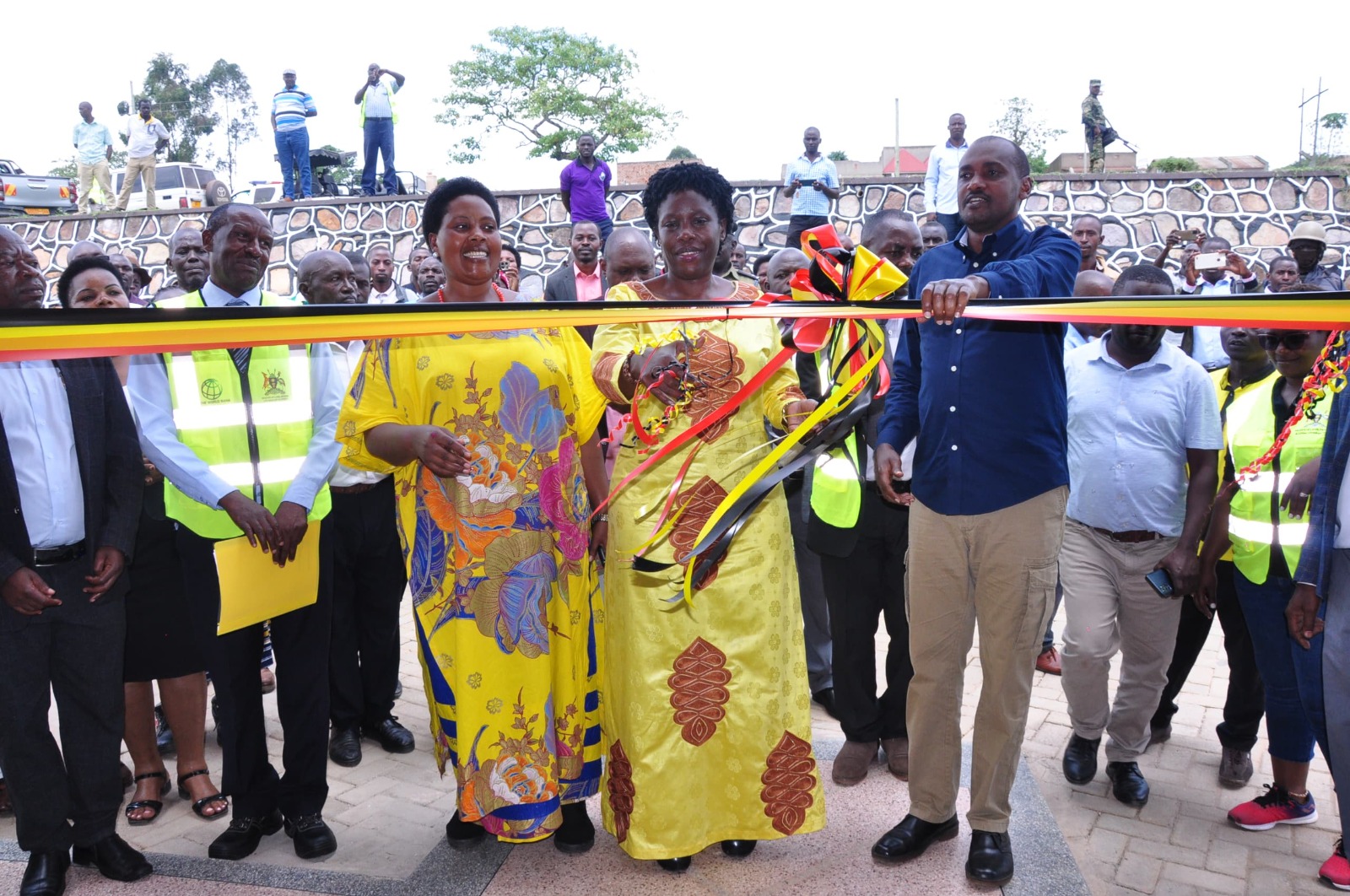By Rhonah Batamukuwa
From May 12th, as has been the case since 2016, the NRM government through the different Ministries and the parastatals therein, presents achievements and challenges faced in implementation of President Museveni's manifesto. The appellation of this exercise ran through the rubric of the Manifesto Implementation Unit is the Manifesto Week.
This year's theme is "Securing Your Future". This year, my attention is drawn to the transportation challenges within the Greater Kampala Metropolitan Area (GKMA) especially in light of the introduction of an urban Light Rail Mass Transit (LRT) system. This transformative initiative promises to revolutionize the way residents commute, address issues of congestion, accessibility, and environmental sustainability. In this opinion article, I celebrate the progress achieved by the LRT system in the GKMA and its potential to reshape the region's transportation landscape.
The LRT is a modern, efficient, and environmentally friendly way to transport people. It will reduce traffic congestion, improve air quality, and make it easier for people to get around the city. Upon completion it is estimated that the LRT will transport 15,000 passengers per hour, per direction. The first phase of the project, which will connect Kampala City Centre to Namanve, is currently under construction. The second phase of the project, which will connect Kampala City Centre to Kyengera, is in the planning stages. The progress of the LRT project is a positive development for Uganda.
It is a sign that the government is committed to improving the lives of its citizens. The NRM Manifesto's vision for an urban Light Rail Mass Transit (LRT) system in the Greater Kampala Metropolitan Area (GKMA) marks a crucial step towards revolutionizing Uganda's transportation sector. As we celebrate the remarkable progress achieved by the LRT system, it is vital to highlight how this transformative initiative contributes to economic development, social welfare, governance and democracy, human rights and civil liberties, as well as environmental sustainability. The LRT stands as a testament to Uganda's commitment to progress and the well-being of its citizens.
The progress made in implementing the LRT system is a testament to its potential to stimulate economic growth and development. By providing efficient and reliable transportation, the LRT facilitates the movement of goods and services, improving connectivity between key economic hubs within the GKMA. This enhanced accessibility creates opportunities for businesses to flourish, attracting investment and fostering job creation.
The LRT's contribution to economic development uplifts communities, reduces poverty, and promotes inclusive growth. Enhancing Social Welfare: The LRT system's progress goes beyond its economic impact; it also enhances social welfare within the GKMA. By providing affordable and accessible transportation options, the LRT improves mobility for all residents, including those with limited means. This inclusive approach ensures individuals from various socio-economic backgrounds have equal access to education, healthcare, and employment opportunities.
The LRT system fosters social cohesion and integration within the metropolitan area. Promoting Governance and Democracy: The LRT system's progress exemplifies the Ugandan government's commitment to good governance and democracy. Transparent decision-making processes, public participation, and effective stakeholder engagement have been vital in advancing the LRT project. This commitment builds trust between the government and citizens and sets a precedent for future infrastructure projects, encouraging transparency and fostering public ownership.
Protecting Human Rights and Civil Liberties: As the LRT system progresses, it is crucial to ensure the protection and respect of human rights and civil liberties. The project should prioritize inclusivity, accessibility for persons with disabilities, and gender sensitivity.
Furthermore, the LRT system upholds principles of non-discrimination and equality, ensuring that all individuals can benefit from its services without facing any form of prejudice. By safeguarding human rights and civil liberties, the LRT becomes a symbol of progress and inclusivity for all Ugandan citizens. Commitment to Environmental Sustainability: The LRT system's progress demonstrates Uganda's dedication to environmental sustainability. By promoting public transportation, the LRT reduces reliance on carbon-emitting vehicles, contributing to air pollution reduction and mitigating climate change. Additionally, the LRT's integration with sustainable urban planning practices, such as transit-oriented development, fosters compact and walkable communities, minimizing urban sprawl and preserving green spaces.
The LRT system exemplifies Uganda's commitment to a greener and more sustainable future. As Uganda's LRT system progresses, it is crucial to celebrate the multifaceted impact it brings to the GKMA. From stimulating economic development and enhancing social welfare to promoting good governance, protecting human rights, and preserving the environment, the LRT stands as a transformative force. The progress made in implementing the LRT system showcases Uganda's commitment to progress, resilience, and the well-being of its citizens. Let us continue to support and celebrate this visionary initiative as it shapes a brighter and more sustainable future for Uganda.
The writer works with Ministry of Information, Communications Technology and National Guidance.








Comments